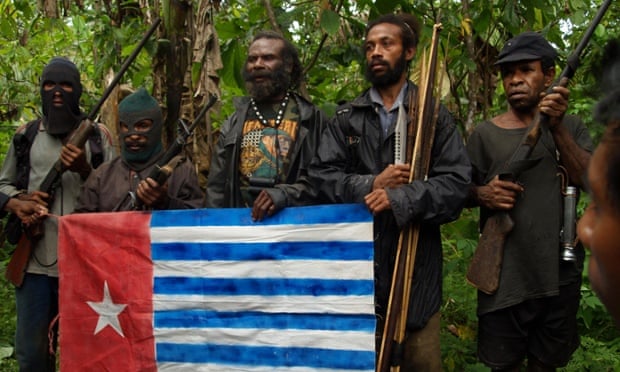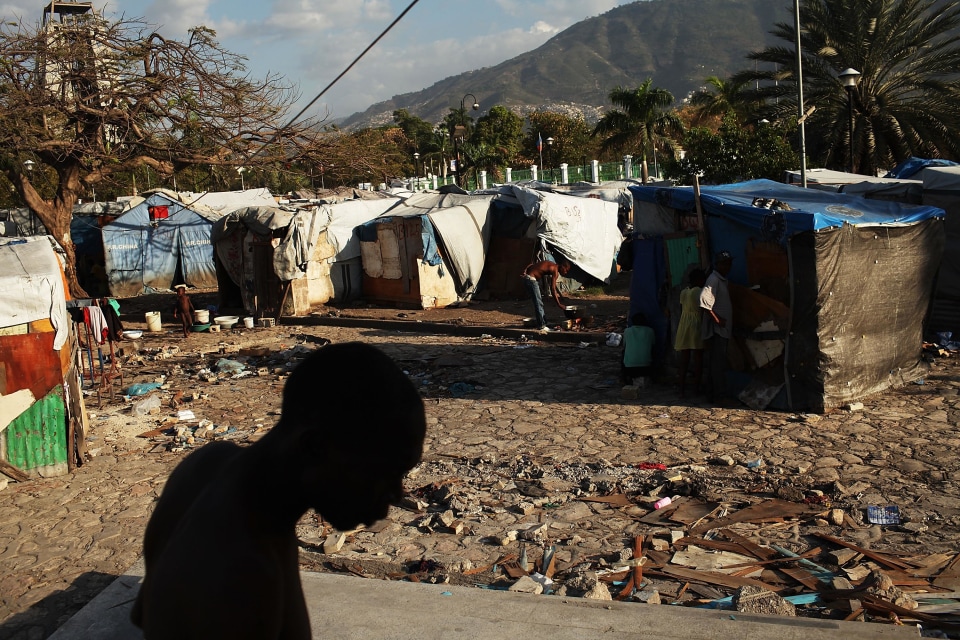By Max Bartels
Impunity Watch Reporter, Oceania
Jakarta, Indonesia
On Saturday the Indonesian government executed six convicted drug smugglers by firing squad. Only one of the six was an Indonesian citizen, the other five were foreign nationals that had been convicted of drug smuggling in Indonesia. The five foreigners were Malawian, Nigerian, Vietnamese, Brazilian and Dutch. Indonesian President Joko Widodo rejected the clemency appeals of all six of the convicted criminals as well as rejected pleas from international rights organizations and the national governments of the some of the convicts.

Both the Brazilian and Dutch governments reached out extensively to President Widodo to plea for the lives of their citizens. The Brazilian President Dilma Rousseff made a plea to Widodo saying she respected Indonesian sovereignty but she was pleading as a mother and a head of state for humanitarian reasons. Widodo was understanding of her concern but in the end said there was nothing he could do because the full process of the law had been followed. The Dutch government also reached out to Widodo in the form of Foreign Minister Bert Koenders, as well as Prime Minister Mark Rutte and King Willem- Alexander. Foreign Minister Koender referred to the executions as a “cruel and inhumane punishment and an unacceptable denial of dignity and integrity.” Both the Brazilian and Dutch ambassadors have been recalled from Indonesia since the executions.
The Brazilian, 53 year old Marco Moreira was arrested in 2003 after police at the Jakarta airport found about 13.4 kilos of cocaine in his hand glider. Dutchman Ang Kiem Soe aged 52 was also arrested in 2003 when police in Jakarta found equipment that they estimated could produce 15,000 ecstasy pills each day for three years. The police also confiscated 8,000 pills and thousands of dollars from Soe. Currently, there is also a second Brazilian national on death row in Indonesia for drug charges.
President Widodo took office in November and these six executions are the first of his term. The President has declared to take a hard stance on drug smugglers and intends the executions to act as a deterrent to combat Indonesians rising drug problem. The President has also refused to grant clemency for 64 other convicted drug smugglers currently on death row. The President has declared that a second round of executions will take place later this year. Currently one third of the individuals on death row, most for drug offenses are foreign nationals.
For more information, please see:
BBC News — Indonesia Executions: Brazil and Dutch Envoys Recalled — 18 January 2015
CNN — Indonesia Executes 6 for Drug Offenses, sets off Diplomatic Storm — 18 January 2015
NY Times — Indonesia’s Execution of Foreigners Prompts Diplomatic Storm — 19 January 2015


